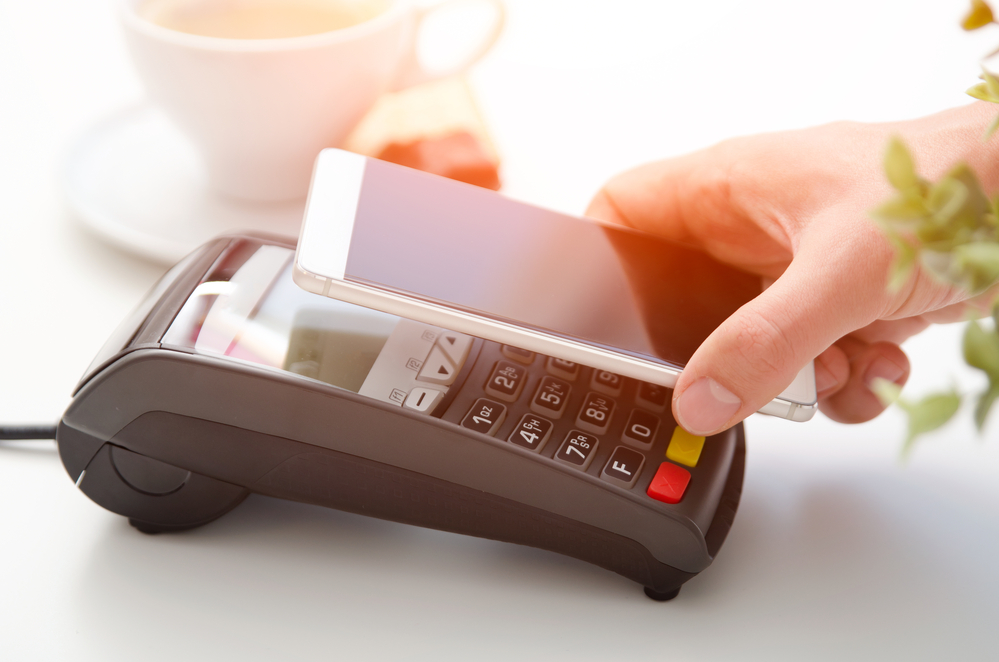In today’s digital age, where online transactions and payment methods are rapidly becoming the norm, ensuring the security of customer payment data is paramount. Point of Sale (POS) technology plays a pivotal role in this process, serving as the bridge between customers and merchants during transactions. As businesses continue to embrace innovative solutions to streamline their operations, it becomes imperative to explore how advanced POS technology can not only facilitate seamless transactions but also enhance the security of sensitive payment data. In this article, we delve into the significance of POS technology in safeguarding customer trust and the methods by which it achieves this crucial objective.
The Evolution of POS Technology
Over the years, POS technology has undergone a remarkable transformation, evolving from traditional cash registers to sophisticated systems that integrate hardware, software, and network connectivity. Modern POS systems not only facilitate payments but also provide insights into sales trends, inventory management, and customer preferences. This evolution has been driven by the need for efficiency, accuracy, and most importantly, security in payment processing. With cyber threats becoming increasingly sophisticated, businesses must adopt POS technology that not only offers convenience but also employs robust security measures to protect payment data.
Data Encryption and Secure Transactions
One of the cornerstones of advanced POS technology is data encryption. Payment data, including credit card numbers and personal information, are encrypted during the transaction process. Encryption ensures that even if unauthorized individuals gain access to the data, they cannot decipher its contents. Leading POS systems utilize end-to-end encryption, which means that sensitive information remains encrypted throughout the entire transaction journey, from the moment it’s entered into the system to the point of authorization. This robust encryption mechanism assures customers that their payment data is shielded from prying eyes, fostering a sense of trust and security.
Elevating Data Security
Tokenization is another powerful security feature offered by advanced POS technology. In this process, the actual payment data is replaced with a unique token that has no inherent value. This token serves as a reference to the original data stored securely in a remote server. Even if a cybercriminal manages to intercept the token, it would be useless without access to the corresponding sensitive information. Tokenization minimizes the risk of data breaches and identity theft, as it ensures that no actual payment data is stored on the merchant’s system. Consequently, customers can rest assured that their financial details are safe from unauthorized access.
Compliance with Industry Standards
To ensure the highest level of security, it’s crucial for businesses to adhere to industry standards and regulations. POS technology has kept pace with these requirements, with modern systems complying with Payment Card Industry Data Security Standard (PCI DSS) guidelines. PCI DSS outlines stringent security measures that businesses must implement to protect payment data. Advanced POS technology aids in achieving compliance by incorporating encryption, access controls, and regular security assessments. By following these standards, businesses not only bolster their security posture but also demonstrate their commitment to safeguarding customer information.
Embracing a Secure Future with Advanced POS Technology
As the digital landscape continues to evolve, the role of POS technology in ensuring secure transactions becomes increasingly vital. The integration of data encryption, tokenization, and compliance with industry standards showcases the commitment of businesses to prioritize customer data security.
